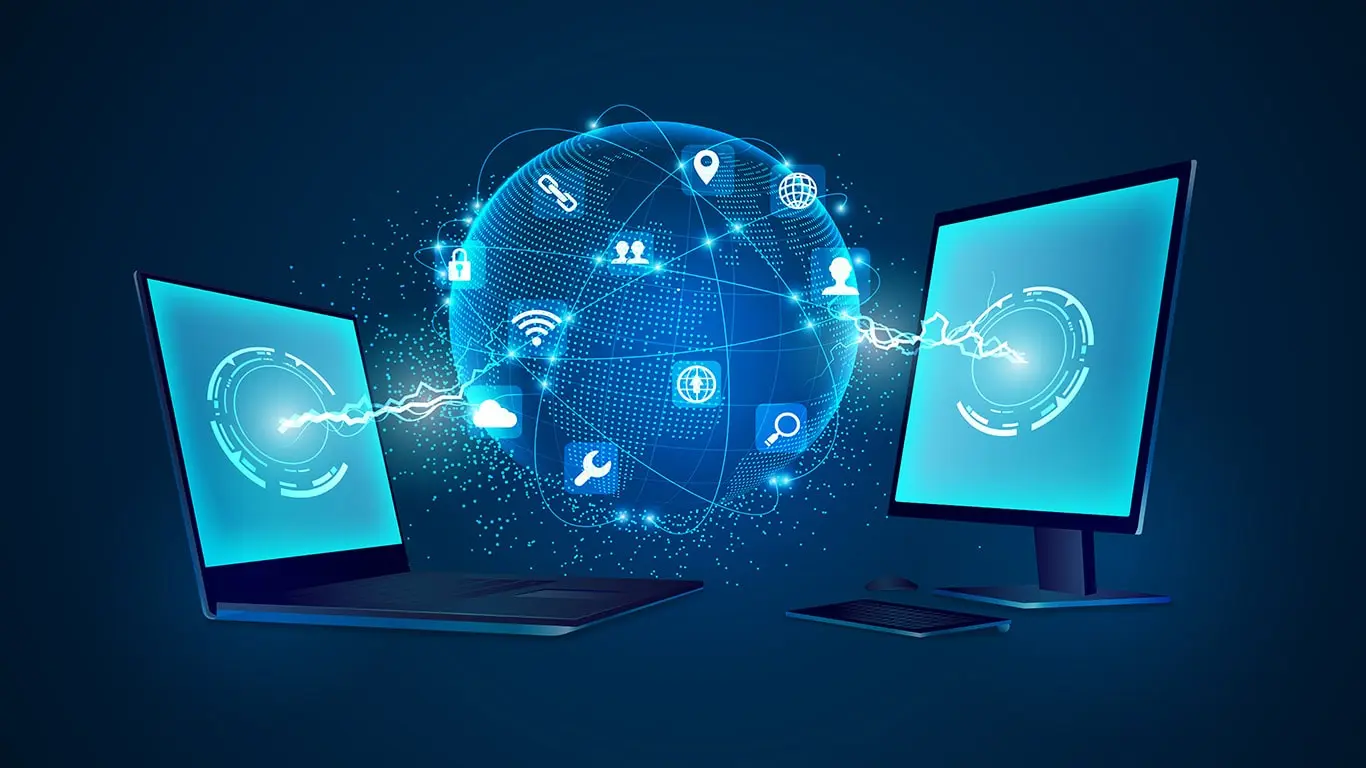Information technology contributes to GDP and is a significant driver of economic growth. In 2017, the IT industry exceeded the contribution of manufacturing, finance and insurance industries to real economic output. Yet despite the importance of the industry, it also faces systemic challenges. This article will explore some of these issues. Let us start with a brief overview of the current status of the ICT sector in the world. Here are five key takeaways to help you better understand the value of IT in the global economy.
Despite their immense benefits, new technologies also pose serious risks to society. These risks range from malicious use to exacerbating socioeconomic inequalities. While a number of initiatives have been established to address these challenges, the responses have been largely lackluster. Insufficient political will, inadequate collaboration, and poor oversight of new technologies are some of the causes of their risks. Nevertheless, there are also promising examples of responsible use and management of information and communication technologies.
Embracing disruptive technology can bring massive benefits to industrial companies. For example, cognitive agents are virtual employees who can assist service center employees or customers. Other technologies like machine learning and natural-language processing (NLP) are aimed at creating seamless interaction between humans and technologies. Other technologies such as robotic process automation (RPA) automate routine tasks, often using existing user interfaces. Smart workflow combines tasks performed by humans and machines. The results of this approach can be spectacular.

The future of information technology will see a rapid change in its role in everyday life. Users expect instant service, so they use the Internet for all their activities. Web users link to distant sites to obtain data of all types, including numerical tables, animations, and results of programs. Scientific research and development have generated ever more complex data, and the ability to share this data with other researchers is crucial. But these technologies can only be effective in a limited way unless they are integrated into an increasingly globalized society.
Historically, the use of information technology has been associated with a large number of industries. The Internet has become a global public infrastructure for data communications. It was originally developed to aid scientific collaboration. However, the Internet has come to serve a variety of other purposes. In addition to serving as a high-visibility source of entertainment, the Internet has become an indispensable tool for many applications. These applications range from catalog sales to news and company information dissemination. Advertisers use the Internet to market high-tech products and services and view the demographics of the Internet as favorable to their business.
A cloud-based foundation is essential for modern data engineering. It enables data to come from multiple internal and external sources, and then be stitched together into curated data sets for analytic use. A good foundation relies on frameworks for data ingestion and ETL to handle the rules necessary to standardize and classify the information. These frameworks also provide a faster templatized approach to using the data. In addition, modern data engineering helps organizations to reduce their workload and maximize productivity.





